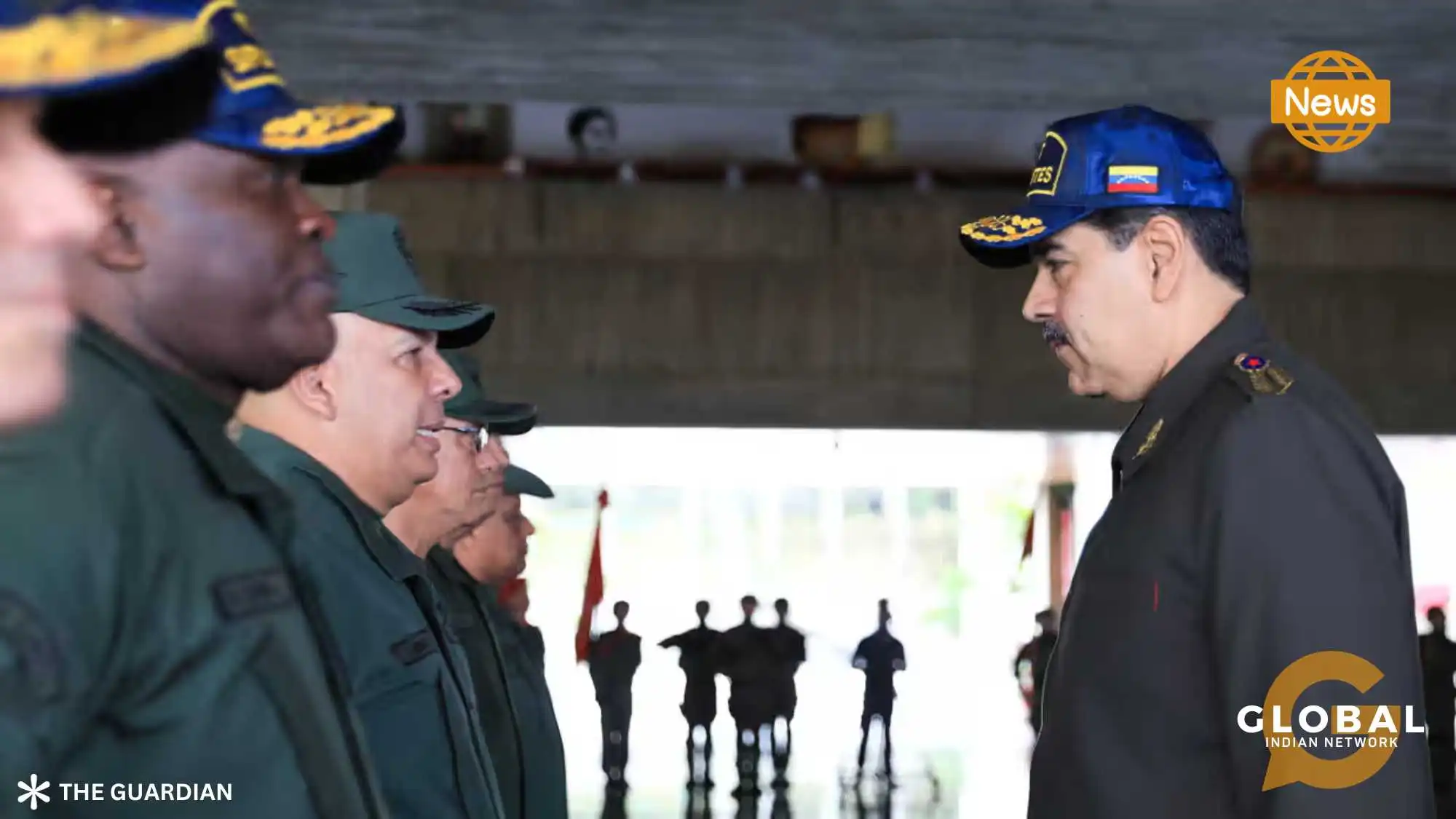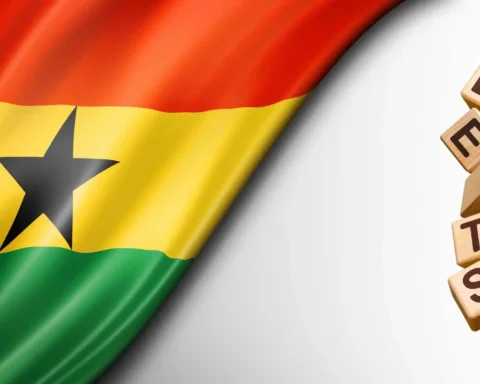“Tension escalates as Venezuela deploys 6,000 troops in response to a British naval presence off Guyana's coast.”
In a bold move, Venezuela has announced the deployment of nearly 6,000 troops until a British military vessel, recently positioned off the coast of Guyana, exits the disputed waters shared by the South American nations. The escalating tensions stem from Venezuela's renewed claim to the Essequibo region, a resource-rich area in Guyana approximately the size of Florida.
Venezuelan Defense Minister Vladimir Padrino, flanked by military officers and standing before a marked-up map of the contested territory, asserted in a video posted on X that the forces are deployed to "safeguard our national sovereignty." Padrino declared, "They will be there until this British imperialist boat leaves the disputed waters between Venezuela and Guyana."
The video, confirmed by the Defense Ministry to The Associated Press, was filmed at a military base in Caracas. This development follows weeks of heightened tensions between the two nations over the Essequibo region, known for its vast oil and mineral resources. It generates around $1 billion annually for Guyana.
Venezuela has long contended that it was unfairly deprived of the territory during historical border negotiations. Guyana, which has maintained control of the area for decades, insists the original agreement is legally binding and advocates resolving the dispute through the International Court of Justice in the Netherlands.
The longstanding dispute gained fresh momentum with the discovery of oil in Guyana, reaching a critical point after Venezuela reported a referendum in which citizens voted to claim Essequibo, constituting two-thirds of its smaller neighbour.
Critics argue that Venezuelan President Nicolas Maduro is leveraging the conflict to divert attention from internal challenges and to fuel nationalism ahead of upcoming presidential elections.
A recent meeting between the leaders of Guyana and Venezuela failed to agree on addressing the bitter dispute. The situation intensified with the arrival of the Royal Navy patrol ship HMS Trent in Guyana, equipped with cannons and a helicopter landing pad. Venezuelan President Maduro decried the vessel's deployment as a violation of agreements, characterising it as a threat to his nation. In response, he ordered military exercises involving air and naval forces near the disputed area.
"We believe in diplomacy, in dialogue and in peace, but no one is going to threaten Venezuela," Maduro asserted. However, Guyana's government rebuffed Maduro's claims, stating that the ship's visit was planned to enhance national defence capabilities and would proceed as scheduled.
The international community watches closely as the standoff escalates, with concerns mounting over the potential for further military confrontations and the impact on regional stability.











[…] Venezuela's claim over the Essequibo region has its roots in the 19th century when it was alleged that British Guiana had infringed on its territory. This led to the International Tribunal of Arbitration ruling in 1899, which was a significant event in the history of this dispute. However, the discovery of oil off Essequibo's coast in 2015 reignited the conflict. Venezuela, eyeing the region's strong economic prospects, particularly in the oil industry, seeks control of the area. The case is now before the International Court of Justice, and a formal ruling could take years. […]